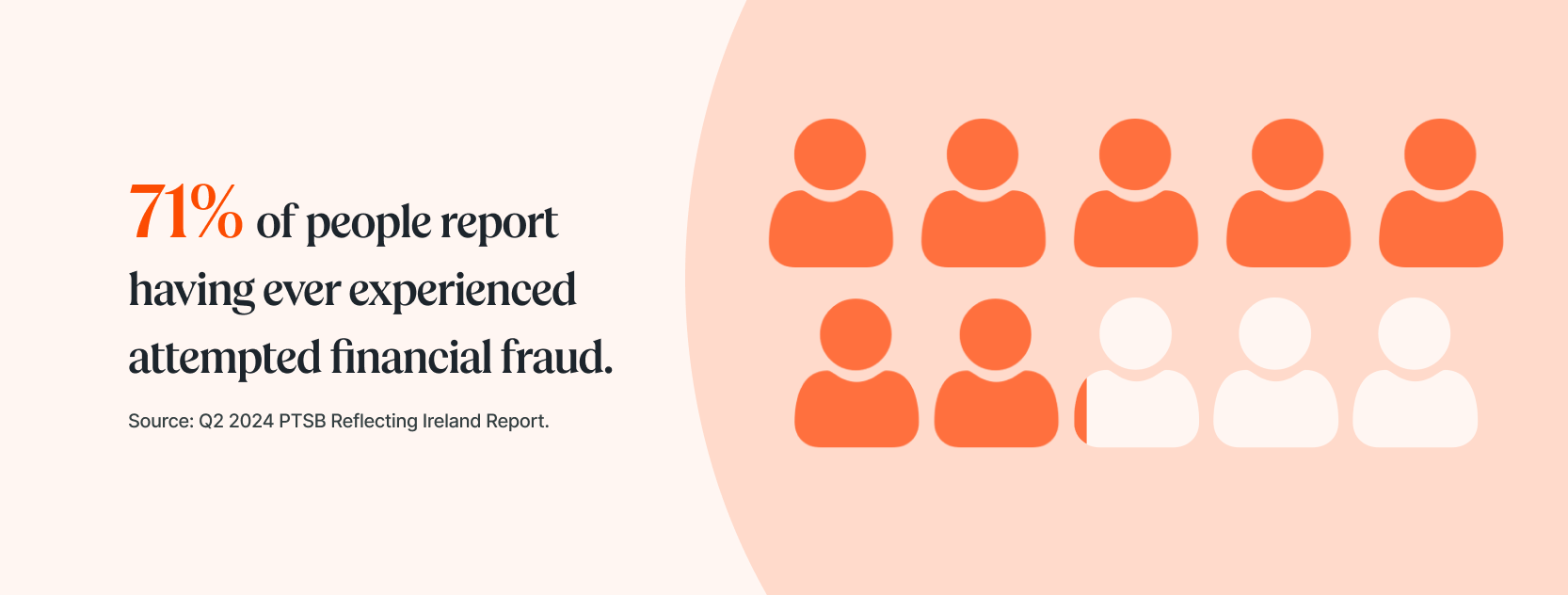Online shopping is a prime opportunity for fraudsters who design believable websites selling non-existent goods or services. Being aware of common scams and following these tips can help keep your money safe.

Tips to stay safe when shopping online
- Shop from directly from trusted retailers’ websites or research before you buy. Always verify the legitimacy of a company before sharing payment details.
- When shopping or making a payment online, make sure your internet access is secured. The beginning of the website address should change from ‘http’ to ‘https’ before a purchase is made. This indicates that you are using a secure connection.
- Do not use unsecured public Wi-Fi networks or hotspots to make a card purchase or access your online banking account. Use a 3G or 4G internet connection instead.
- Keep your computer and security up to date or install a reliable antivirus and browser security software. Ensure it has the latest updates and that it scans your computer regularly to check for malware.
- Be cautious about emails claiming outrageous offers or ads offering miracle products. Generally, if it sounds too good to be true, it probably is.
- Use appropriate privacy settings on your social media profiles and limit sharing of personal information.Remember your information is valuable to a fraudster.
- Do not friend or chat with someone on social media unless you know them or have a reason to connect with them.
- Do not click on pop ups or ads that state that you have won a prize.
- Be password savvy. If you use a password to log on to your network or computer, use a different password for orders or retailer accounts. Avoid using your address, date of birth, phone number or easily recognisable words. The best passwords are alpha-numeric (using letters and numbers) and at least 8 characters in length.
- Enable PTSB Protect feature on your mobile device. Any incoming potentially risky texts or fraudulent websites will be identified and flagged to you where they are present on our known fraud list.
Text scams are also on the rise, so it’s important to be able to identify these too. Unfortunately, fraudsters can even drop texts in genuine PTSB text threads. PTSB will never send you a link in a text message, so one way to protect yourself is by never clicking on links in texts. Learn more about spotting fraudulent texts.
PTSB Protect
We have added an extra layer of anti-fraud protection to our app to further protect our customers.
This new opt-in feature offers much needed protection against criminals who trick customers into sharing security information by sending deceptive messages with links - something PTSB will never do.
Available on version 10.2 and above.
Get protected
We’re here to help
Being aware of commons scams and enabling PTSB Protect are great ways to help protect yourself from fraud. However, anyone can still fall victim to a scam and we are here to help. If you suspect you’ve been targeted by a fraudster, it’s important to contact our Fraud Team as soon as possible.
Call our Fraud Department on +353 (1) 669 5851. Lines are open 24 hours a day, 7 days a week.


